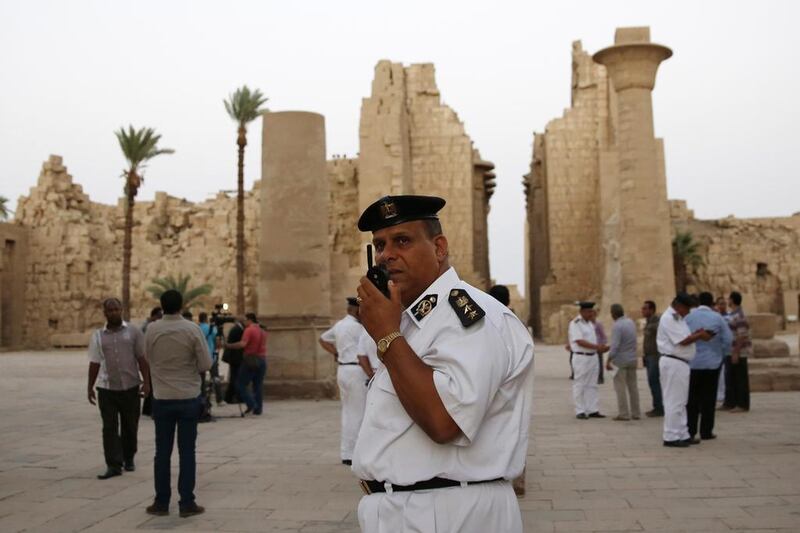When it comes to the battle for hearts and minds of prospective extremists, ISIL is outpacing Al Qaeda, once the avant garde of radical groups. In a remarkably short period of time, ISIL has overtaken them, according to Abu Muhammad Al Maqdisi, an influential scholar regarded as Al Qaeda’s spiritual mentor. He told The Guardian that the organisation is a shell of its former self and its leader, Ayman Al Zawahiri, keeps the group running with little more than appeals for loyalty while remaining out of touch with most of its commanders.
The death of Al Qaeda along with the sudden emergence of ISIL raises a number of difficult questions for governments. Like it or not, one result of the long fight against Al Qaeda was a strange status quo between the West and the militant group. Yes, the extremist group continued its campaign of terror with a string of attacks – most emphatically on September 11, 2001 – but the group was confined to a smaller footprint and was largely unable to expand its reach. ISIL, by contrast, conducts full-scale war on a wide variety of fronts.
Wednesday’s attack on a popular tourist site in Luxor underlines the current nature of the extremist threat. While no group has claimed responsibility for the bomb, the authorities suspect the ISIL linked Sinai-based Ansar Beit Al Maqdis. The attack occurred on the anniversary of the fall of Mosul to ISIL last year.
By targeting one of Egypt’s top tourist sites, the perpetrators seem to have deliberately sought to cripple the tourism industry as a step toward the wider goal of undermining the stability of the state. Even though the police thwarted the attack, the likely effect will be to change perceptions of Egypt’s safety as a destination – just as a previous terror attack on Luxor in 1997 managed to do.
All of that shows ISIL’s supplanting of Al Qaeda is more than simply a cosmetic change. While the international community launches traditional air and ground campaigns against ISIL strongholds in Iraq and Syria, the group’s offshoots are carrying out small but devastating attacks as far afield as Afghanistan, ensuring deeper brand appeal and longevity.
At a conference in Sydney on Thursday, Australian prime minister Tony Abbott described ISIL as “terrorism with global ambitions” and said it can only be defeated through force. This struggle is not just for governments to wage but for all of us. If we fail to stop ISIL’s expansion, no one will be free from its reach.





